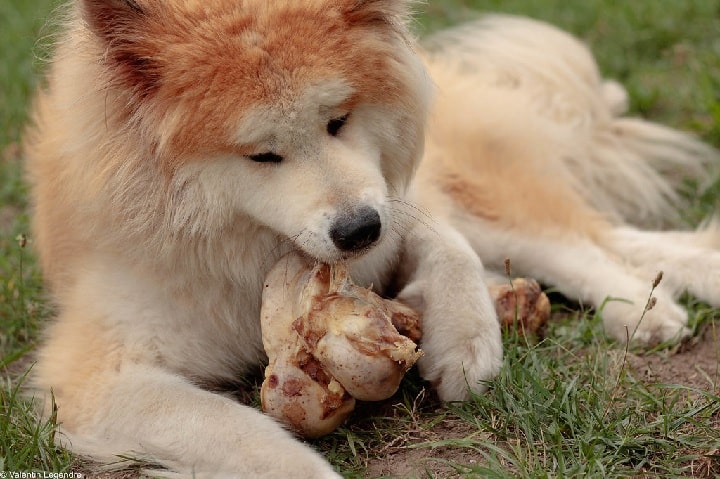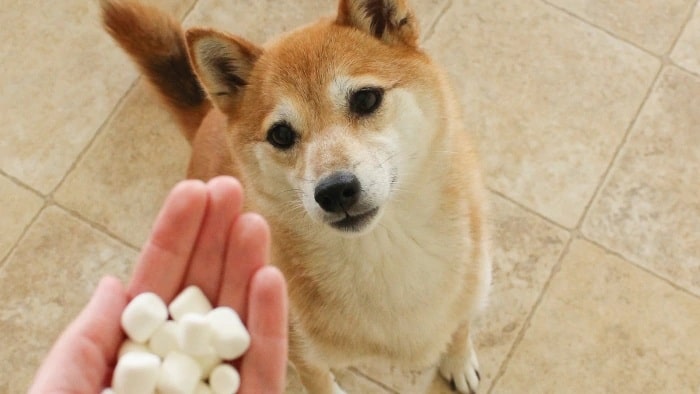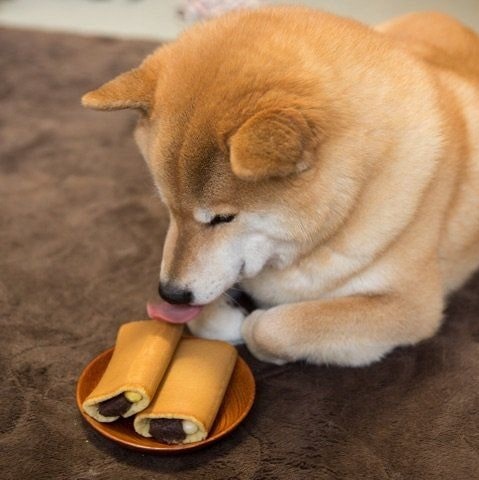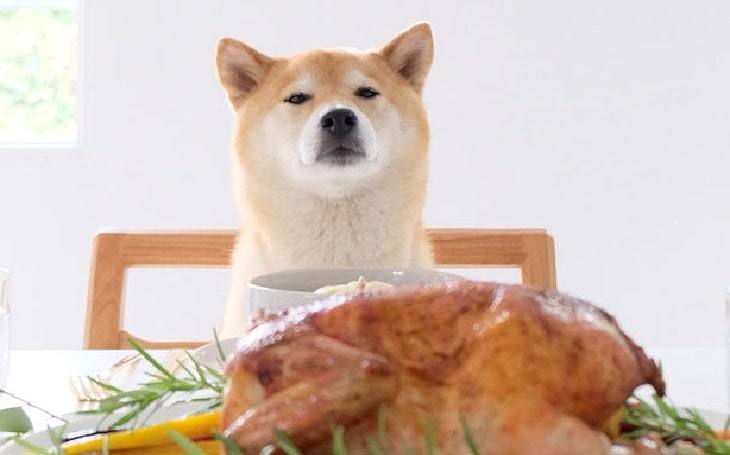Akita Dog Diets and Supplements
Akita is a large-sized, powerful dog that was originally bred to guard nobility and royalty in Japan. It is a loyal, devoted and courageous dog breed that everyone falls in love with. The average size of the Akita is 24-28 inches tall and 70-130 pounds.
Akita is a large dog who has a high activity level and their consumption of food is also high. They need high quality of dog food to keep their body fit and healthy in this article, you will come up with the ideas on what to feed or avoid and how much to feed.
Diets and Nutrition Required for Akita
Akita is a large breed that needs very good diets and nutrients. The following are the nutrients that your Akita dog need to have a healthy life.
- Water: Water is one of the most essential parts of their diets. Your dog needs to drink enough water and keep itself hydrated as little water can cause dehydration and it can be risky to the health of your Akita dog. So, keep a bowl of water always by your dog’s side so they can drink whenever they are thirsty.
- Fats: Fat is another important factor in nutrition. The fats give your dog energy and also make its hair and skin healthy. As dogs cannot produce enough fat on their own, you should give it in a required amount as food.
- Protein: Meat is the main source of protein for dogs. For Akita, beef and lamb is the main source of protein. Do not let them depend only on meat as they will not eat anything else than meat. So, there are other vegetables which also works as a source of protein like lentils, broccoli, and many more.

Image Source: Fiveprime
How Much Should Your Akita Eat?
Akita is a large breed, so they have special requirements for dietary. You should not compromise on its diets as it may lead to serious health problems if any food goes wrong. The amount of food that should be given to them depends on their size, health, and activity level.
A puppy Akita needs a good diet as they are in a growing stage. Adult food is not suitable for them and it will hamper on its growth development. Therefore, a puppy should be given puppy food depending on its age. At 2-5 months, they should be given 150-250 grams per day that should be divided into three portions.
At 6-8 months, they should be given 300-400 grams per day, divided into two portions. Do not feed them more than required as their weight will increase in young age and will affect their adult life.

Image Source: Angie’s List
As your Akita puppy grow up to be an adult dog, the food type and the amount should be changed as per their size and activity level. They should be given 500-800 grams per day in 2-3 portions.
If your dog’s activity level is high, increase as per the activity. If it is gaining weight, decrease the amount of food to avoid weight gain. When they gain weights, they will face obesity which can lead to various health problems including joints and bone problems.
So, always feed your dog in the right amount so that they neither too fat or too thin.
Best Dog Food For Your Akita
The Akita need both dry and wet food in their diet as dry food contributes to their strong teeth and gums, prevents bad breath. Wet food keeps them hydrated and also contributes to their healthy hair and skin. While buying dog food for them always buy selective and vet recommended dog food as any food will not suit its strong and powerful body.
Here are the list of dry and wet puppy quality food for your Akita.
- Orijen– Puppy Large Dry Food Recipe
- Eagle Pack– Large & Giant Breed Puppy Food
- WholeHearted– Grain Free Puppy Chicken and Vegetable Recipe Wet Dog Food
Here are the list of dry and wet adult food for your Akita
- EVO– Red Meat Formula Large Bites Dog Food
- Acana– Meadowland Dry Food Formula
- Blue Buffalo– Blue Homestyle Recipe Beef Dinner with Garden Vegetables Wet Dog Food
Best Supplements for Your Akita
Supplements are not important as long as you provide your Akita with full proper balanced diets. If they are not getting a full balanced diet, then only includes supplements on their food. If there is a situation like if Akita is pregnant, if recovering from sickness or if the puppy is not growing then you should include supplements on their diets. There are following supplements that your Akita needs:
- Vitamins C, E and A for Skin Health
- Vitamins B for Energy and Help Handling Stress
- Vitamin D and Calcium for Bone Health
- Omega-3 Fatty Acids for Fighting Inflammation
- Antioxidants for Eye Health
Before giving your Akita dog any supplements, make sure it is doctor prescribed. If you give your dog supplements even if there is no need, it can be dangerous for the health of your Akita. So, consult a veterinarian before providing your dog with any supplements.
Human Food You Should Avoid and Provide Your Akita
Human food can be given to your Akita as it is the main source of nutrition for them. However, they should be only fed on the limit as too much can be toxic for them. The following human foods are good and not toxic for your Akita.
- Broccoli
- Carrots
- Cucumbers
- Bread
- Salmons
- Shrimps
- Bread
- Watermelon
- Peanut butter

Image Source: Pinterest-@Samantha Tjhung
The following human foods are toxic and dangerous for your Akita.
- Chocolates
- Grapes and Raisins
- Avocado
- Apple cores
- Cooked bones
- Garlic
- Onions
- Raw dough
Why is Your Akita Not Eating?
When your Akita is not eating, there might be some problem with it or the environment around it. The following can be the reason when you see your Akita not eating:
- Change in the environment can take time for your Akita to adjust in the new surrounding. So, it may not eat properly but after it adopts the lifestyle, it starts to eat as in normal.
- If there is another dog or pet in the house, it might be showing aggression towards your Akita when he tries to eat. Therefore, give them food separately so the other dog won’t interfere.
- Dogs are a curious creature and in that curiosity, they might eat whatever they caught their eyes on. This might upset their stomach and so they will lose their appetite. However, they will chew on some grass and will vomit the thing that is upsetting their belly. Once it comes out, it will start to eat in a regular normal amount.
Visit Doglime for information about dog breeds and their feeding methods.
Tags










